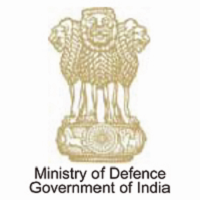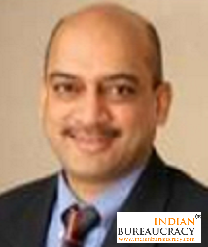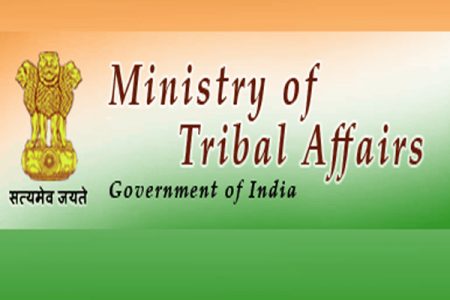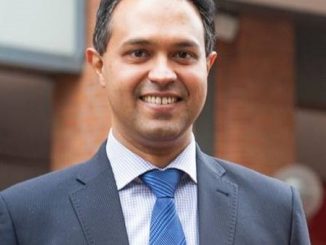
The latest revision of the International Classification of Diseases (ICD) – 11 by the World Health Organisation (WHO) has integrated the terminology used to define illnesses in the Ayurveda, Unani, and Siddha systems of medicine. This advancement is poised to instill a global standardisation across traditional medicinal practices through the introduction of codes for disease classification. The conclusive module consists of 529 codes distributed among 18 chapters, delineating two distinct terminologies: Traditional Medicine Disorder and Traditional Medicine Pattern. The inclusion of these codes not only influences the worldwide encoding of traditional medical terms but also establishes a foundation for standardised documentation governing policies associated with Traditional, Complementary, and Integrative Medicine (TCIM).
The initiation of the ICD-11 Traditional Medicine Module 2 by the World Health Organisation signals the commencement of groundwork for its forthcoming implementation. The integration of data and terminology linked to diseases rooted in Ayurveda, Siddha, and Unani medicine into the WHO ICD-11 classification has been a collaborative effort between the Ministry of AYUSH and WHO. A previous signing of a donor agreement between the WHO and the Ministry of Ayush paved the way for this classification, envisaging a reinforcement and expansion of India’s healthcare delivery system, research initiatives, Ayush insurance coverage, and research and development, alongside an enhancement of policy-making systems.
During the launch event at the India Habitat Centre, Union Minister of State for Ayush and Women and Child Development Munjapara Mahendrabhai underscored the imperative to modernise Ayush medicine by aligning it with global standards. The incorporation of traditional medical terminologies into ICD-11 establishes a pivotal connection between traditional medicine and international standards.
Dr. Radarico H. Ofrin, WHO Representative to India, emphasised the importance of the inaugural Global Traditional Medicine Summit in Gandhinagar, Gujarat, highlighting the indexing of disease terminology related to traditional medicine in ICD-11 as a landmark achievement. Dr. Sameera Asma, Assistant Director-General DDI, WHO, echoed this sentiment, viewing the indexing as a milestone in constructing a unified global tradition.
Dr. Shyama Kuruvilla, Senior Strategic Advisor, WHO, participating virtually, stressed that the inclusion of traditional medical terminology in ICD-11 will further fortify India’s routine health system.
In recapitulation, the inclusion of Ayurveda, Siddha, and Unani medical terms in the ICD-11 classification marks a significant stride towards establishing global uniformity in traditional medicine, solidifying India’s standing in the international healthcare arena.







Leave a Reply
You must be logged in to post a comment.